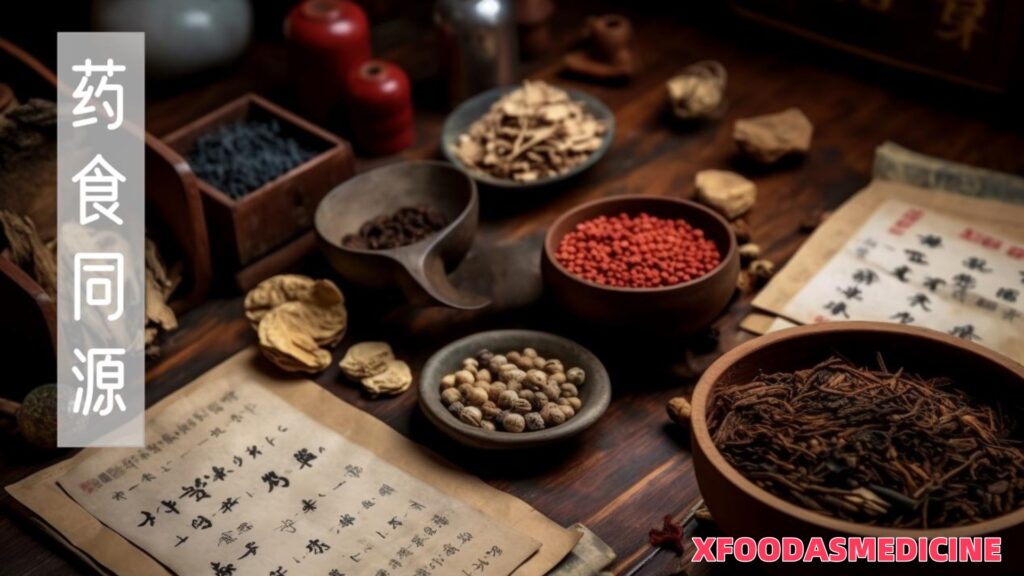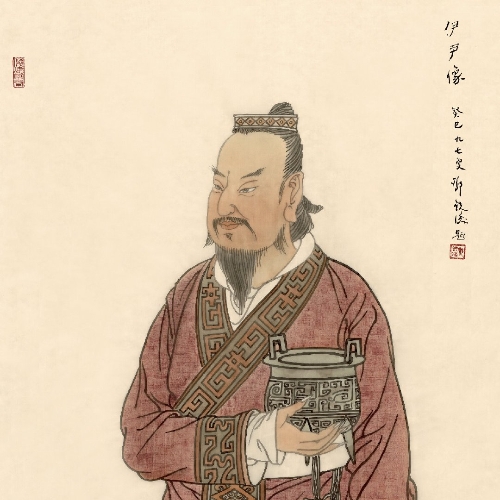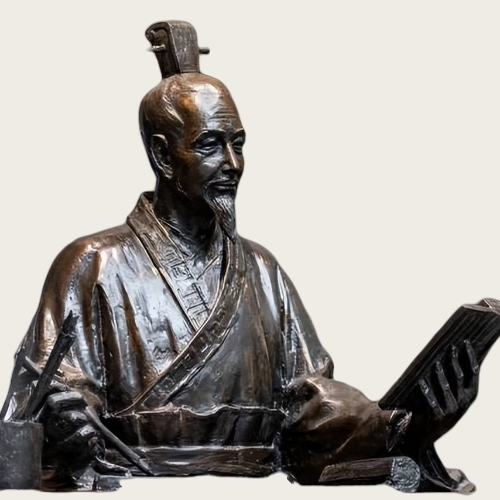About Us
Nourish life with traditional Chinese ingredients. Healthful, delicious, and natural. Embrace wellness in every meal.
Delve into the millennia-old wisdom of China, embracing the art of nourishing life through food. We carefully select natural ingredients with medicinal properties, combined with traditional recipes, to offer you a double delight of health and taste. Each product is a testament to our heritage and innovation in the philosophy of healthy living. Choose us, and let your daily diet become a journey of wellness, enjoying the gifts of nature while embracing a healthy lifestyle.
Our Company
Xfoodasmedicine is dedicated to sourcing high-quality medicinal-edible products from within China, offering a natural health choice for those who pursue wellness. We firmly believe in the concept of “medicinal-edible homology,” blending traditional wisdom with modern life through carefully selected ingredients and scientific formulations, allowing you to enjoy delicious flavors while gaining health

Thousands of years ago, during the Zhou Dynasty (1046 BC to 256 BC), the role of a ‘food physician’ was established, marking the beginning of dietary therapy culture. The establishment of the Imperial Kitchen further elevated the practice of health through food.
We carry on this ancient tradition by carefully selecting high-quality medicinal-edible products from within China, nurturing life through food, and ensuring health and deliciousness go hand in hand.
Ancestors of Food As Medicine
Yi Yin: Yi Yin, also known as Yi Zhi, was a prominent politician and thinker during the Shang Dynasty, and is recognized as one of the earliest Taoist figures and the culinary ancestor of China. Born by the Yi River, he assisted King Tang in overthrowing the Xia Dynasty and established the Shang Dynasty. Yi Yin is known for his governance philosophy of “governing the country as one cooks,” which later was articulated by Laozi as “governing a big country is like boiling a small fish.” He served as a chancellor for five generations of Shang monarchs and contributed significantly to the prosperity and stability of the dynasty. Yi Yin passed away at the age of 100 and was buried with the rites of a sovereign to honor his contributions to the Shang Dynasty. He is revered as the “Yuan Sheng of the Shang” and is a paragon of morality, knowledge, and economic achievement.
Zhang Zhongjing: Zhang Zhongjing, also known as Zhang Ji, was one of the most eminent Chinese physicians during the latter part of the Eastern Han Dynasty. He lived in what is now Nanyang, Henan Province. Zhang Zhongjing learned medicine from his fellow townsman Zhang Bozu, studied previous medical literature, and collected numerous prescriptions, eventually writing the medical masterpiece “Shanghan Zabing Lun.” This work was later divided into two books, “Shanghan Lun” and “Jingui Yaolue,” which are still highly regarded in the practice of Chinese medicine today. Zhang Zhongjing is often referred to as the Chinese Hippocrates for his significant contributions to Traditional Chinese Medicine.
Sun Simiao: Sun Simiao, a medical scholar of the Tang Dynasty, is revered as the “King of Medicine.” Born in what is now Shaanxi’s Yaozhou District, Sun Simiao was known for his medical ethics and the principle of “Da Yi Jing Chen,” treating all patients equally regardless of their status. He declined multiple official positions offered by Emperors Taizong and Gaozong of Tang, choosing to focus on his medical practice and writing. Sun Simiao compiled “Bei Ji Qian Jin Yao Fang” and “Qian Jin Yi Fang,” which reflect the medical advancements of the early Tang period. His works have had a profound impact on the field of medicine and continue to be studied for their clinical value.


